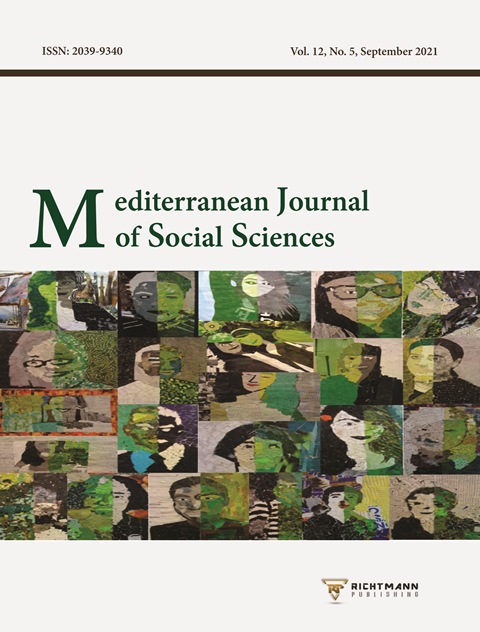Primary School Enrolment, Public Spending on Education and Economic Growth in Nigeria
DOI:
https://doi.org/10.36941/mjss-2021-0048Keywords:
Education, Primary School Enrolment, Public Education Spending, Human capital and Economic GrowthAbstract
This paper investigates the effect of primary school enrolment and public education spending on Nigeria’s economic growth using the Autoregressive distributed lag model (ARDL) for the period 1987 and 2017. The coefficient of the error correction model (ECM) reveals a negative sign of -0.304216 which implies that any disequilibrium in the system in the previous year will be corrected at a speed of 30.42 percent annually. Both the short run and long run models were nicely fitted with high coefficients of determination (R2) of about 62 percent. The analysis of the result also showed that primary school enrolment rate and public expenditure on education increased but their effects were less impactful on Nigeria’s economic growth. These findings perhaps could be attributed to the poor state of classrooms across, poor teacher-pupil ratio, unstable macroeconomic environment, dearth of instructional materials and more. The paper thus recommend that there should be re-design of educational strategies by the government to include enrolment campaigns, alternative learning programs, pro-poor economic incentive and more, especially at the basic education level and also increased her budgetary allocation to education sector in line with UNESCO recommendation of about 26 percent.
Received: 9 June 2021 / Accepted: 28 September 2021 / Published: 5 September 2021
Downloads
Downloads
Published
Issue
Section
License

This work is licensed under a Creative Commons Attribution-NonCommercial 4.0 International License.
This work is licensed under a Creative Commons Attribution-NonCommercial 4.0 International License.











